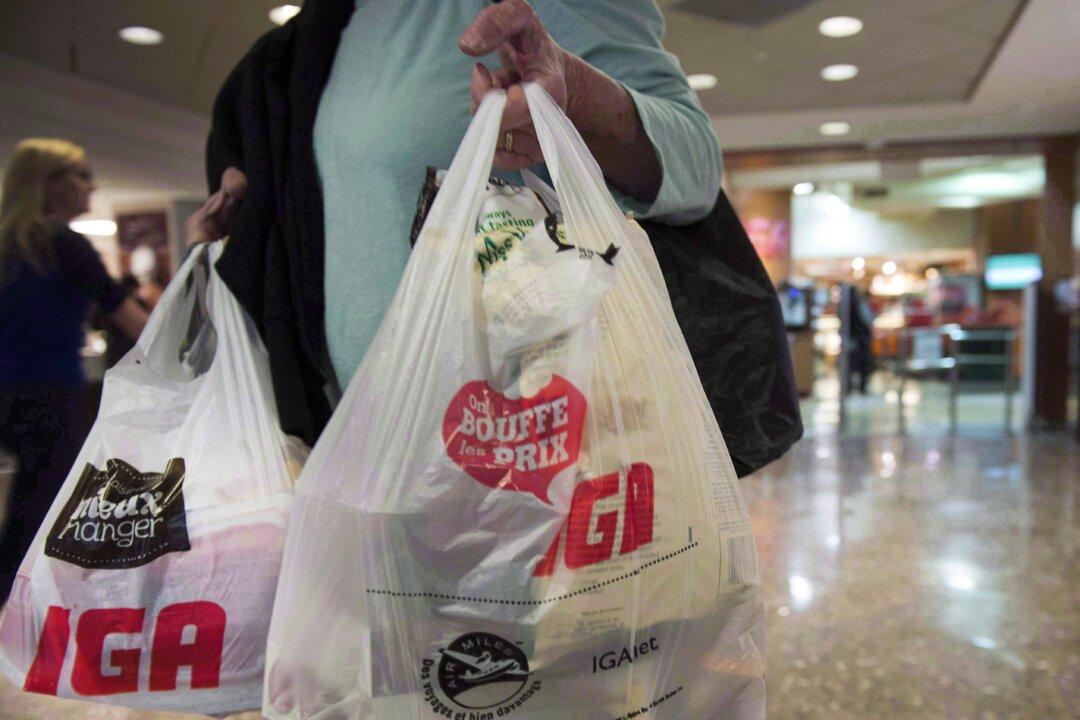Saskatchewan and Alberta’s governments have intervened in a court challenge of the federal government’s decision to declare single-use plastics as “toxic substances” and ban them by 2025.
The challenge was heard in the Federal Court of Canada in Toronto from March 7 to 9, brought by the Responsible Plastic Use Coalition, a group of plastic manufacturers that includes Dow Chemicals Canada, Imperial Oil, and Nova Chemicals. The court’s decision will be issued at a future date.





